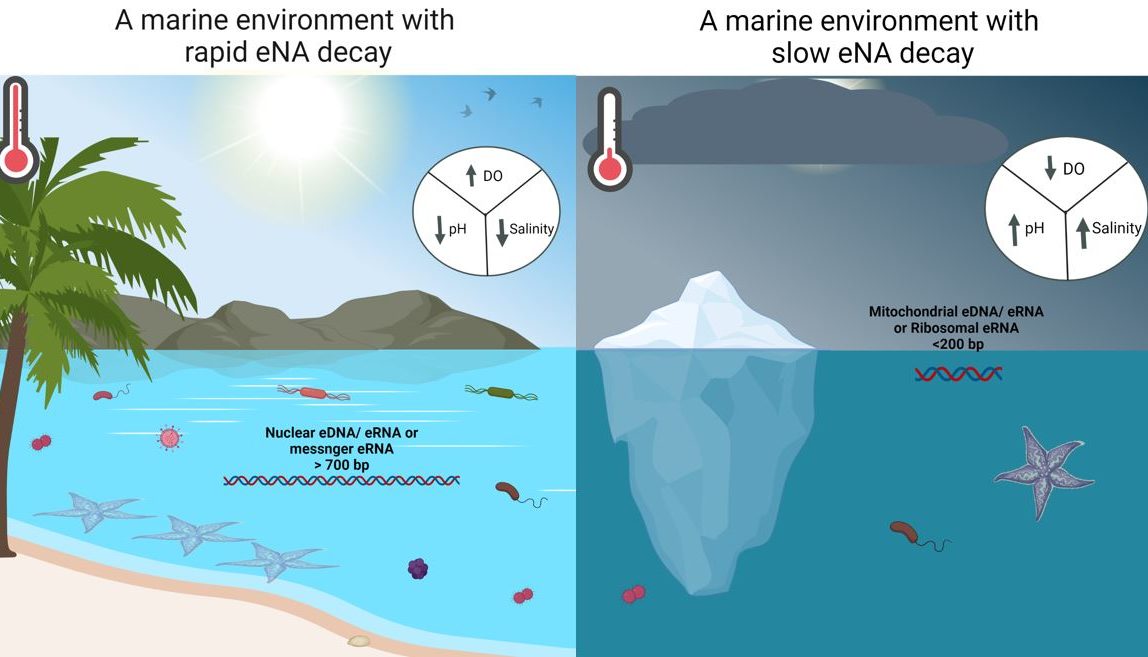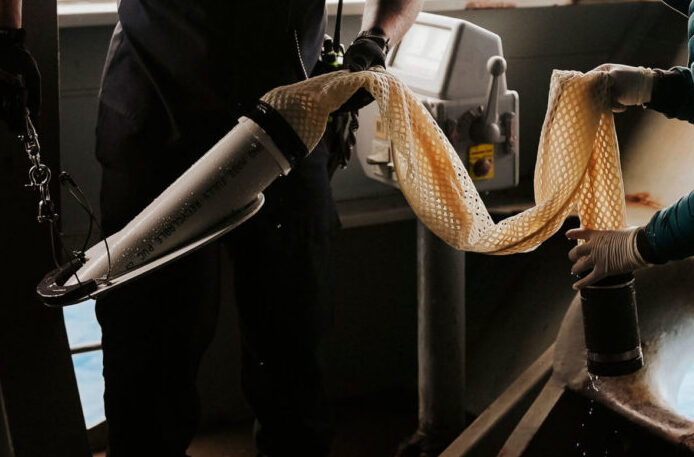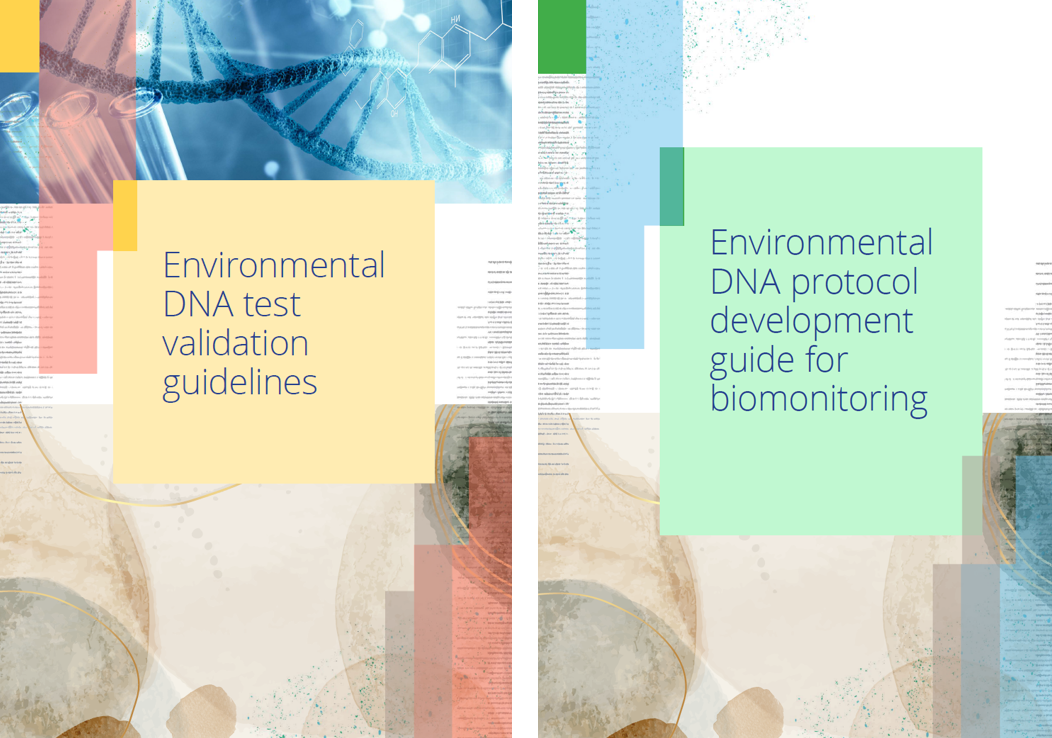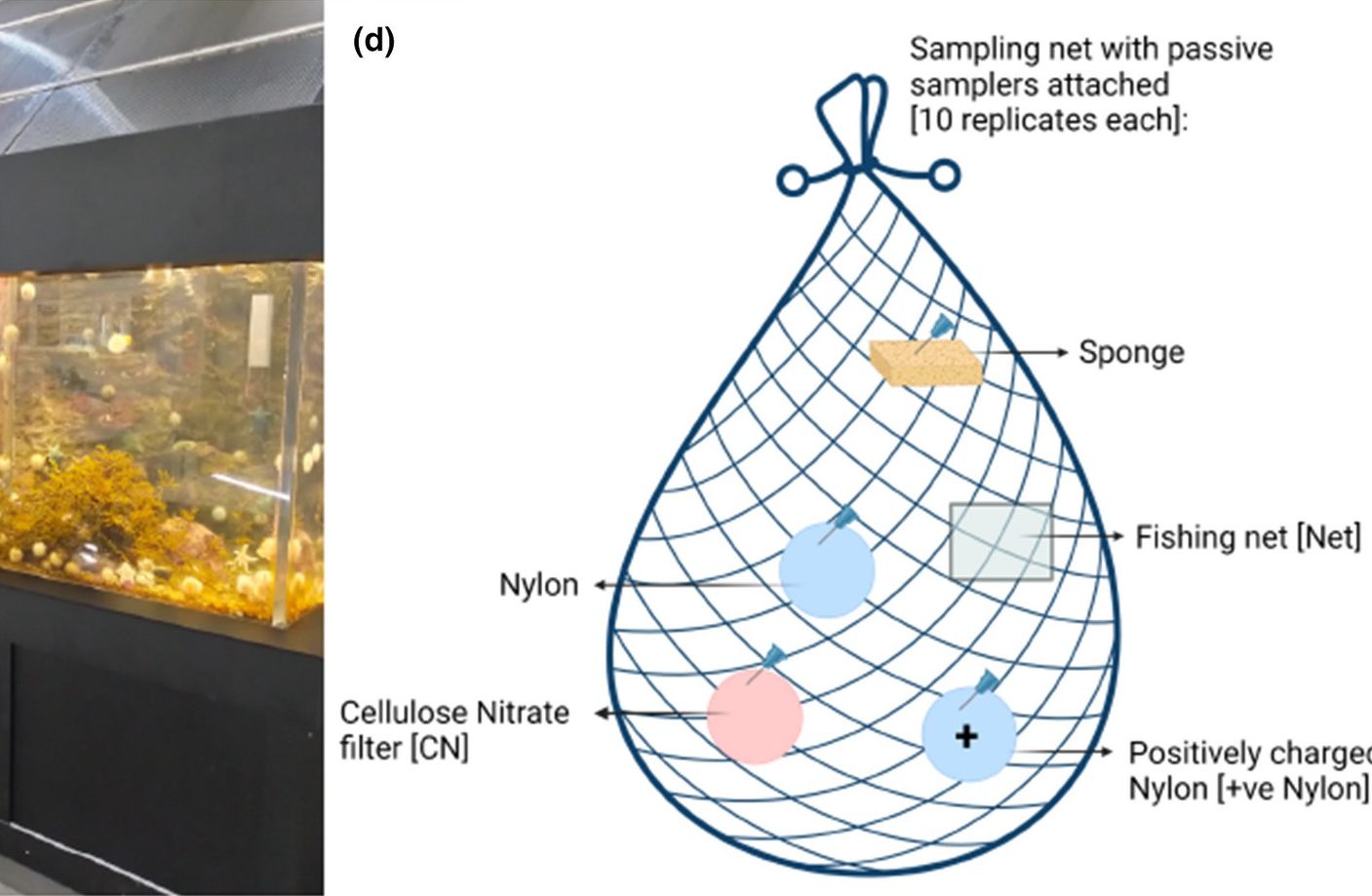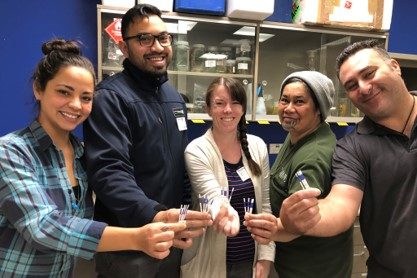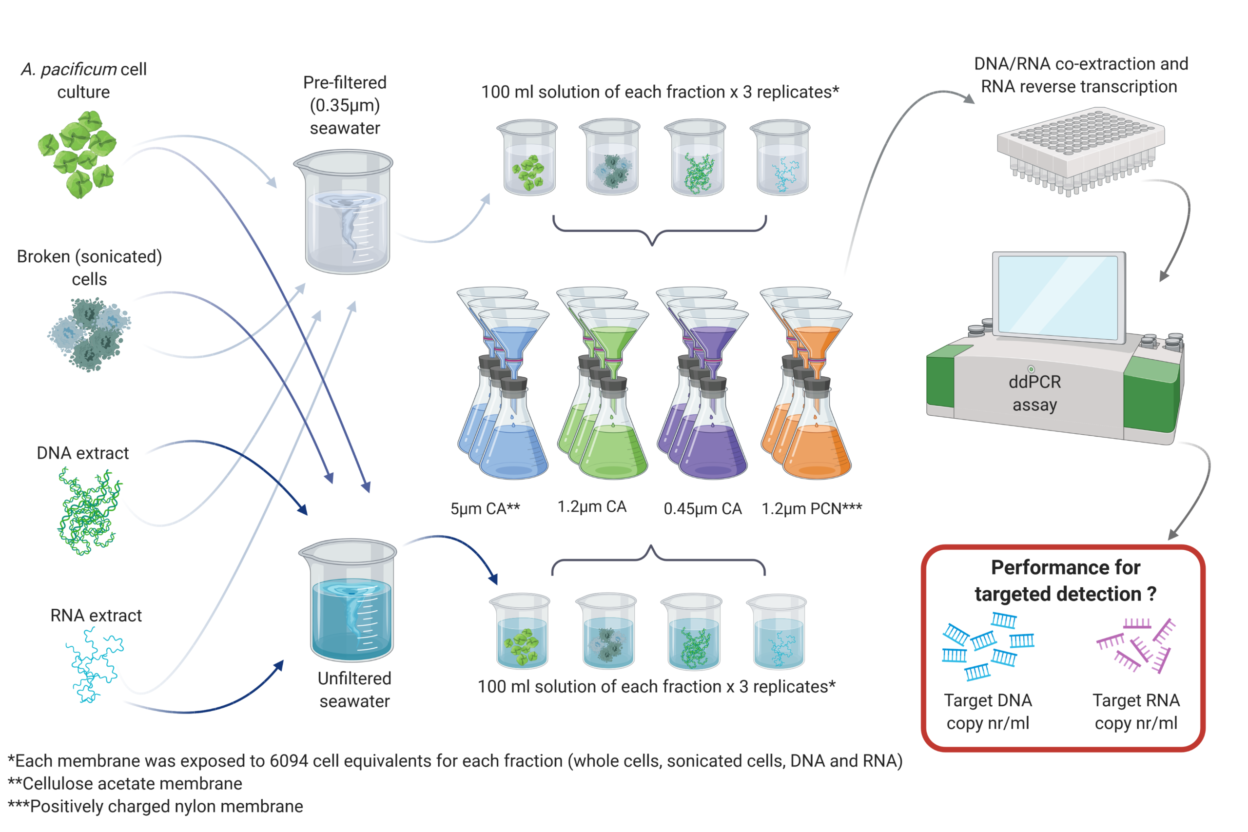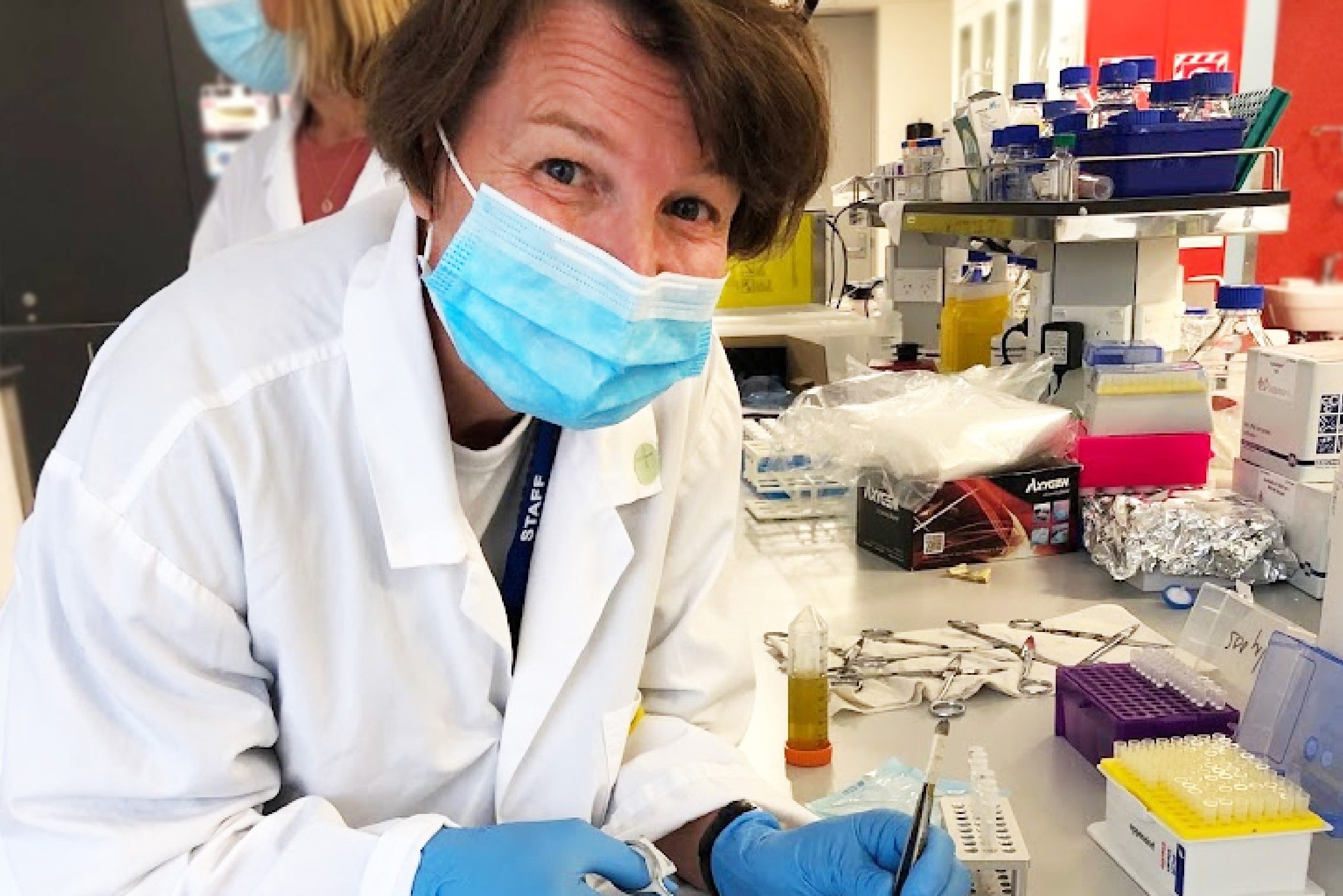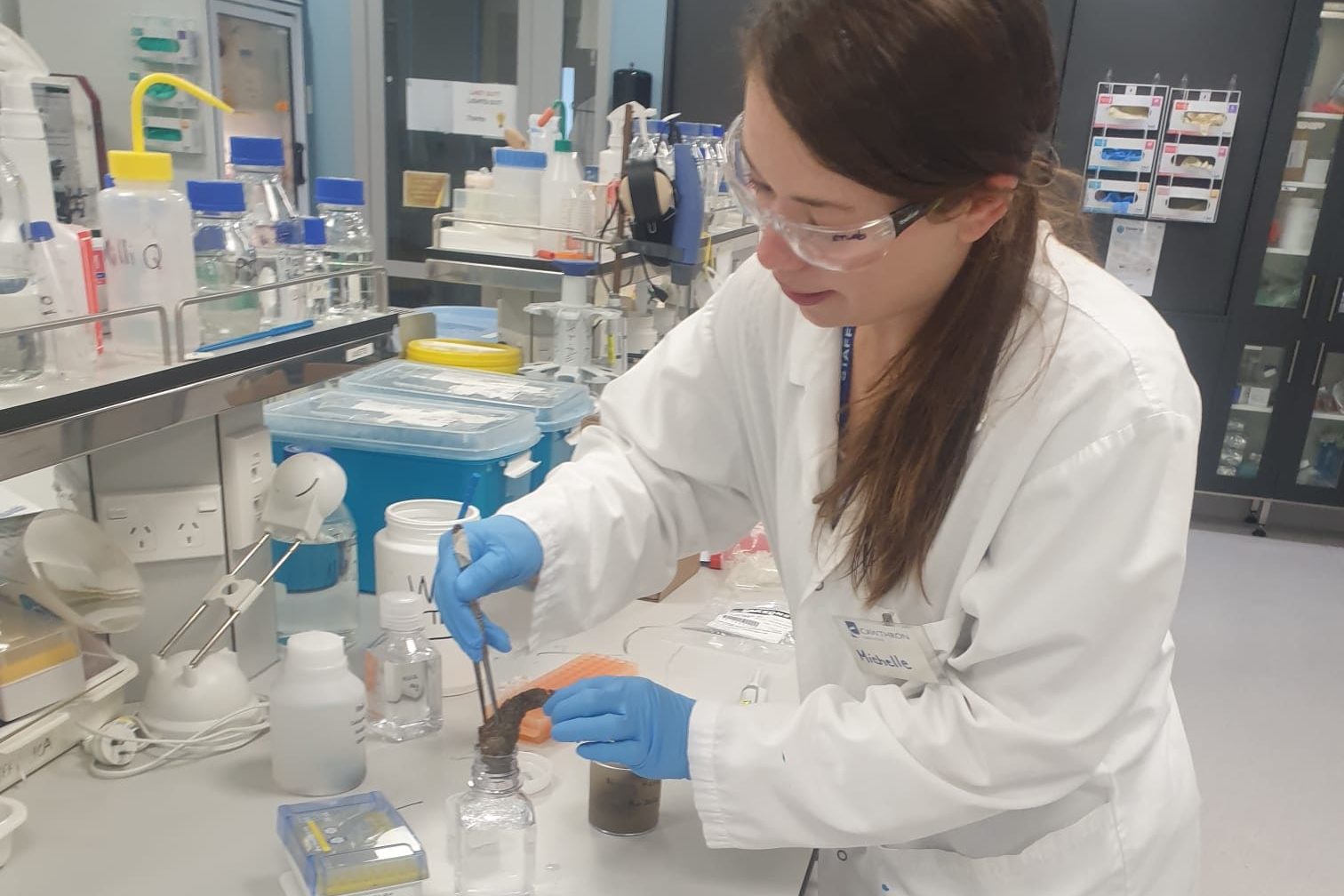Harnessing decay rates for coastal marine biosecurity applications: A review of environmental DNA and RNA fate
A review on the degradation mechanisms and fate of environmental nucleic acids (eNAs) in the marine environment, providing guidelines for accurate decay rates and emphasizing their importance in building effective marine biosecurity tools for target detection and biodiversity assessment.

